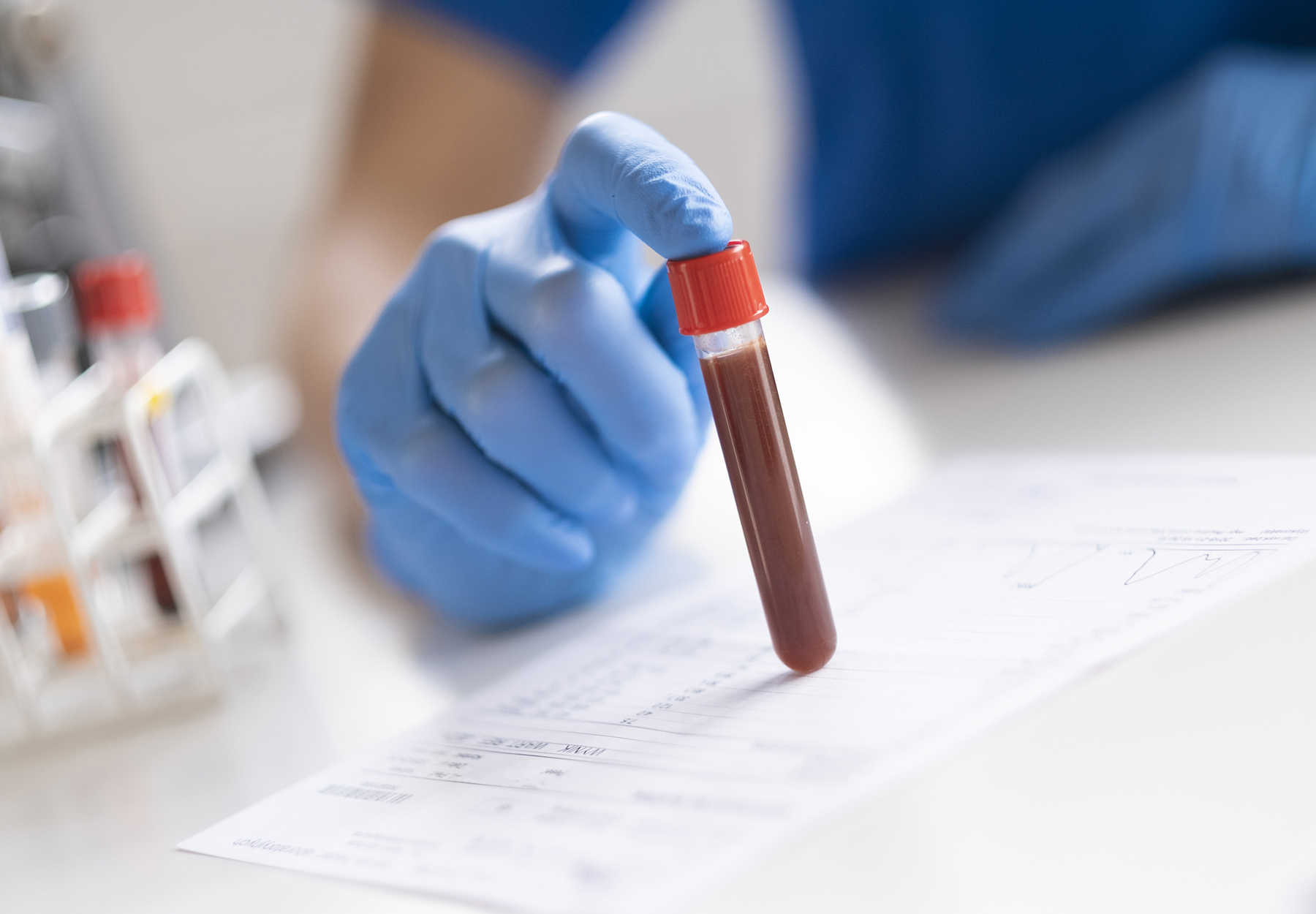A recently developed assay could make identifying the best cancer treatment for each patient a quicker and more cost-effective process, compared to current tests.
Researchers from the Public Health Research Institute of the New Jersey Medical School of Rutgers University and their colleagues used a routine blood sample to develop the assay, which uses “SuperSelective” primers to identify and quantify rare somatic mutations and inherited reference genes in routine multiplex PCR assays, according to their report in The Journal of Molecular Diagnostics. The selective nature of the PCR primers ensures that the assay does not falsely detect wild-type sequences that are similar to the target mutations.
According to the researchers, these rapid assays can be performed using standard equipment. This, along with other advantages, helps solve key issues with current analysis methods, they add.
Drawbacks of Current Methods
Current next-generation sequencing (NGS) analysis techniques performed on blood samples and other liquid biopsies have a number of disadvantages, including limited sensitivity (which means an increased chance of false negative results), high cost, and time intensity. NGS techniques also require experienced staff and specialized equipment. Current testing options that use PCR tend to amplify both the target mutations and their closely related wild-type sequences, making current assays less sensitive when the target mutations are rare. These mutations are important as research has shown that they are the most common cause of cancer, and also affect how the disease progresses. In particular, identifying and researching rare somatic mutations is important in learning more about their role in a variety of biological processes, including aging and diseases such as cancer.
In their paper, the researchers showed how selective and sensitive their multiplex SuperSelective PCR assays are through a variety of experiments using liquid biopsy samples from patients with non–small-cell lung cancer in which they targeted eight different somatic EGFR mutations. The presence of EGFR is important in cancer treatment selection. They concluded that their assays can be easily designed to detect and quantify a specific set of rare somatic mutations that are key to selecting an effective personalized therapy for cancer patients.
In short, if these assays are successfully developed, they could mean faster, cheaper, and better identification of such mutations, which could lead to the selection of a cancer treatment with the best chance of success for each patient. Look for a more in-depth article on the new essay in an upcoming issue of Diagnostic Testing & Emerging Technologies.
